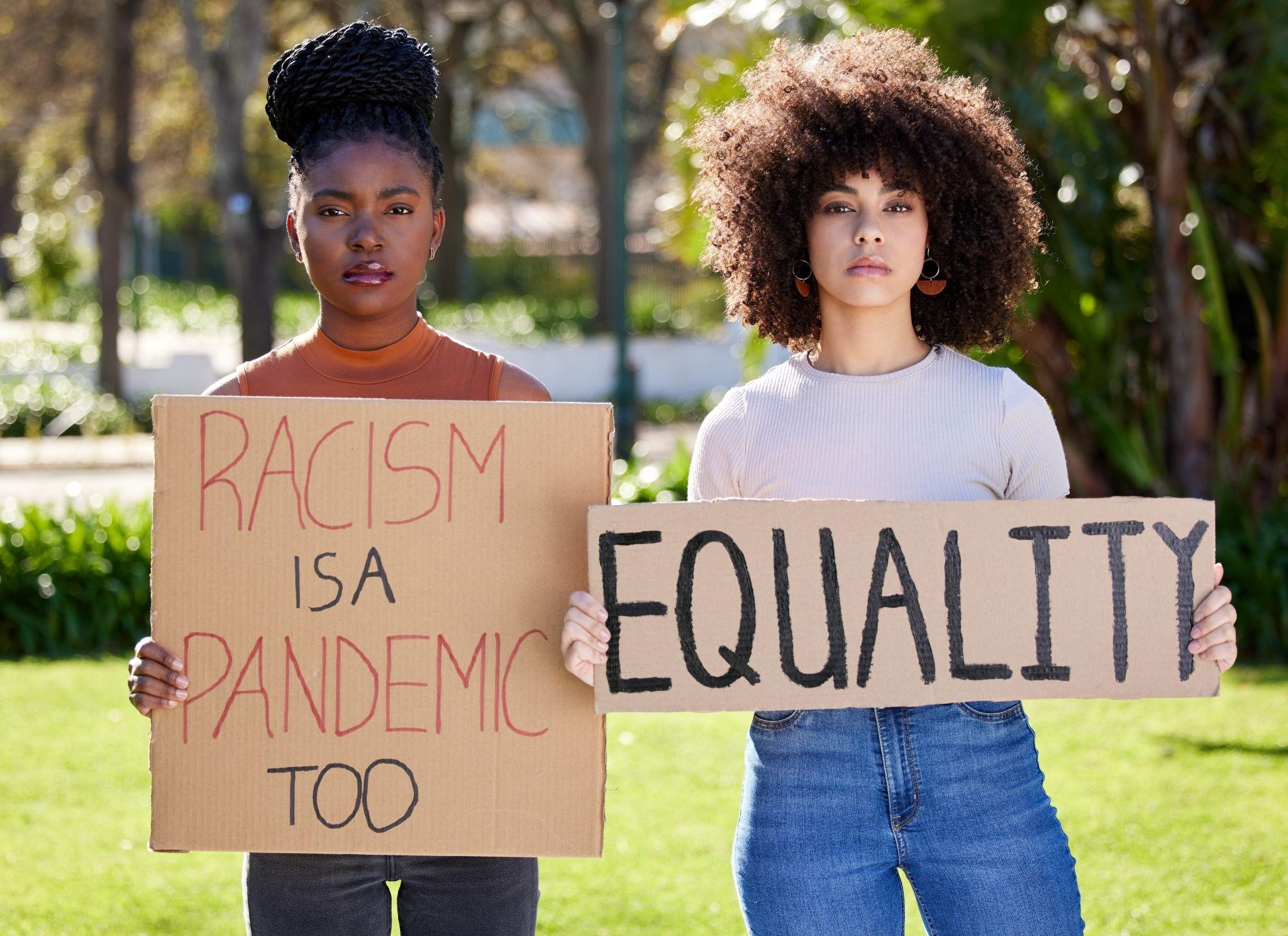The journey toward racial equality in America has been long and arduous. From the days of slavery to the Civil Rights Movement, Black Americans and allies have fought relentlessly for freedom, justice, and equality.
While significant strides have been made, true change is still a work in progress. Systemic racism continues to plague various aspects of American society, making it clear that racial equality in America requires more than just laws, it demands ongoing, collective action.
The Progress So Far: A Step in the Right Direction
America has made considerable progress in its journey toward racial equality. The abolition of slavery, the Civil Rights Act of 1964, and the Voting Rights Act of 1965 were monumental achievements.
These laws dismantled many of the legal structures that enforced racial segregation and discrimination. The election of the first Black president, Barack Obama, further symbolized a shift toward racial equality.
These milestones show that change is possible, but they are only the beginning. While legal equality has been achieved in many respects, racial justice remains elusive in practice. The fight for equality is far from over, and the barriers that persist are more deeply rooted than simply passing laws.
The Gaps That Remain: Challenges in Racial Equality
Despite legal advances, several critical gaps continue to hinder true racial equality in America. These gaps are not only a matter of policy but also of mindset and structure.
1. Economic Inequality
One of the most significant disparities is economic inequality. Black Americans, on average, earn less than their White counterparts, and wealth inequality is even more pronounced.
The racial wealth gap has persisted for generations, largely due to discriminatory practices such as redlining, unequal access to loans, and lower-paying jobs.
While legislative changes have helped improve some aspects of economic access, Black Americans continue to face systemic barriers in accumulating wealth and accessing quality education and employment opportunities. This perpetuates cycles of poverty and limits upward mobility for entire communities.
2. Criminal Justice System
The criminal justice system remains one of the most glaring examples of racial inequality in America.
Black Americans are disproportionately arrested, charged, and incarcerated compared to their White counterparts. Police violence, racial profiling, and lack of accountability continue to undermine trust in the system.
The deaths of George Floyd, Breonna Taylor, and countless others have highlighted the urgency of addressing these issues. While protests and calls for justice have spurred reform discussions, the criminal justice system still disproportionately affects Black communities, and progress has been slow.
3. Educational Disparities
Education is another area where racial inequality persists. Black students are more likely to attend underfunded schools, face higher dropout rates, and experience harsher disciplinary measures.
In contrast, White students are more likely to attend schools with better resources and higher graduation rates.
This educational divide perpetuates economic and social inequality, as education plays a pivotal role in determining future opportunities. Closing the education gap is crucial for breaking the cycle of poverty and ensuring equal opportunities for all Americans.
The Path Forward: How You Can Contribute to Change
While the challenges are significant, progress is possible—and it begins with action. Here are some practical ways individuals and communities can contribute to advancing racial equality in America:
1. Educate Yourself and Others
Understanding the history and impact of systemic racism is the first step in creating change. Take time to read books, watch documentaries, and engage with content that educates you on racial justice. The more you understand, the better equipped you will be to advocate for change.
Share this knowledge with others. Having honest, open conversations about race and racism in your communities, workplaces, and schools can help break down barriers and build understanding.
2. Support Racially Inclusive Policies
Support policies that promote racial equality. This could include advocating for police reform, supporting economic policies that address the racial wealth gap, or ensuring equitable access to education and healthcare. Vote for candidates who prioritize racial justice and push for reforms that address systemic inequalities.
3. Engage in Community Activism
Community organizing and activism are powerful tools for bringing about change. Join local organizations that work on racial justice issues, attend protests, and participate in grassroots campaigns. Your voice can amplify those fighting for justice on the ground.
Support local Black-owned businesses, engage with the community, and use your resources to help dismantle the systems that perpetuate racial injustice.
4. Be an Ally in the Fight for Justice
Being an ally means more than just expressing support for racial justice, it means taking action. Stand up against racism in all its forms. Call out discriminatory behavior, support marginalized voices, and take steps to address bias in your own life.
Support the work of organizations and activists who are pushing for structural change, and listen to the needs and experiences of those directly impacted by racial inequality.
Iheanyi Okoroafor’s The Black Man in America
In his book, The Black Man in America, Dr. Iheanyi Okoroafor explores the complexities of race and identity in America, offering valuable insights into the ongoing struggles for equality.
His work highlights the realities Black men face in their pursuit of justice and how they continue to navigate a society shaped by racial inequality. Okoroafor’s writing encourages readers to confront uncomfortable truths and take active steps in the fight for social change.




